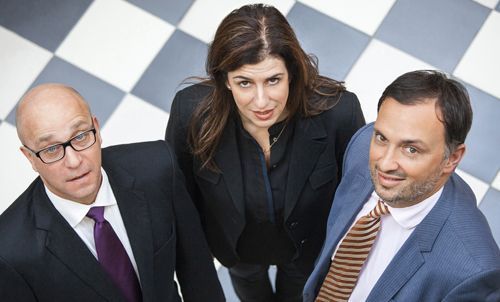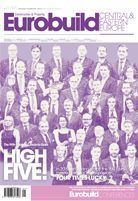Rafał Ostrowski, ‘Eurobuild CEE’: How is AERE doing at this turning point in its history, when the company’s leadership has just changed?
Josip Kardun, CEO of AERE: Firstly, the unique thing about Atrium is that it is the only listed company focusing purely on Central and Eastern European retail property markets that holds an investment grade credit rating. What does this mean? It means that we have a ‘-BBB’ rating with a ‘stable’ outlook according to Fitch and Standard and Poor’s. We finance ourselves on a couple of markets at the corporate level. I think there is no other company that does this in the CEE region, especially in our core markets – Poland, the Czech Republic and
Slovakia. The company is extremely financially robust if you look at our figures. The portfolio we have comes to over EUR 3 bln of real estate, currently with EUR 2.7 bln of cash flow producing assets. The cash flow this is producing will grow with our





























































